
Accra, May 21, GNA – Accra has joined the Partnership for Healthy Cities to reduce non-communicable diseases (NCDs) and injuries in communities in the Metropolis by December 2018.
The Partnership for Healthy Cities is an initiative by Bloomberg Philanthropies headed by Michael R. Bloomberg, the World Health Organisation’s Global Ambassador for NCDs.
The Bloomberg Philanthropies and its strategic partners have launched a prestigious global network of Municipal governments around the world to accelerate the implementation of proven, high-impact policy interventions targeting NCDs and injuries.
The partnership leverages the unique positioning of mayors to help achieve the UN Sustainable Development Goals (SDGs) by 2030, including; improving health and creating safer, more sustainable cities.
The participating cities would receive a seed grant of up to 100,000 dollars and technical assistance to accelerate the implementation of a proven intervention to prevent NCDs and injuries.
Mr Mohammed Adjei Sowah, the Accra Metropolitan Chief Executive who made the disclosure in a statement and copied the Ghana News Agency said Accra is committed to the international effort to reduce (NCDs) and injuries.
He said Bloomberg supports cities to implement one of 10 proven interventions to prevent NCDs and Accra had chosen the implementation of increase seat-belt and helmet use to improve road safety.
“In Ghana, 54 per cent of deaths every year are attributable to NCDs – like cardiovascular diseases, cancer, diabetes, and chronic respiratory diseases and injuries.
“And right here in Accra it is estimated that 12,877 road traffic crashes occur of which 14 per cent of the fatalities could be attributed to motor cyclists popularly called “Okada” whose riders failed to wear crash helmets.
“We must take bold steps to help our citizens live healthier, longer lives and reduce the economic toll these NCDs and injuries take on our city,” Mr Sowah said.
He said the John Hopkins International Injury Unit had indicated that passengers correctly wearing helmets in Accra were less than 30 per cent and 20 per cent of drivers and 86 per cent of passengers do not use seat-belts.
“This is alarming and therefore there is the need to put in place measures to curb this,” the Metropolitan Chief Executive said.
Mr Sowah said as part of Bloomberg initiative, the Accra Metropolitan Assembly would focus on increase seat-belt and helmet use, which was one of the 10 interventions identified by the World Health Organisation as effective in protecting people from NCDs and injuries.
“As a strong and vibrant city, we are uniquely positioned to transform the fight against NCDs and injuries. This initiative will help Accra take bold steps to help our citizens to live healthier, longer lives and reduce the economic toll these diseases and injuries take on our city,” he said.
Read Full Story
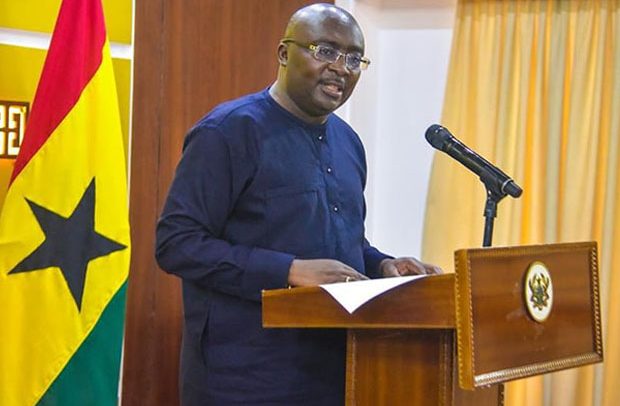

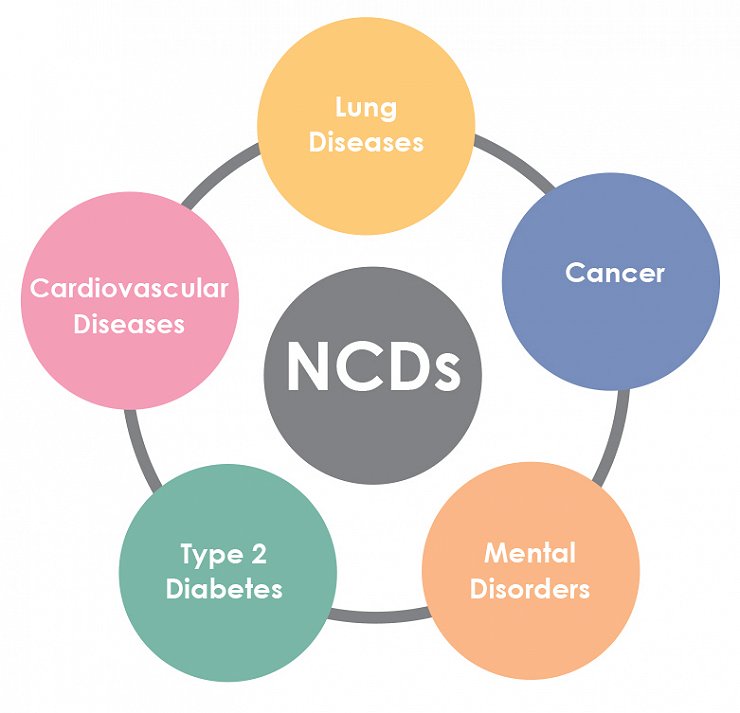


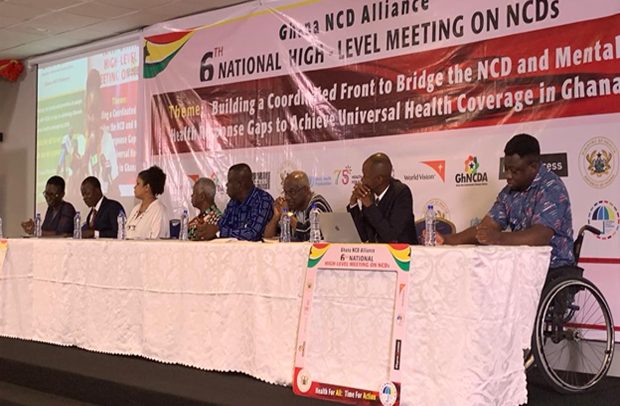





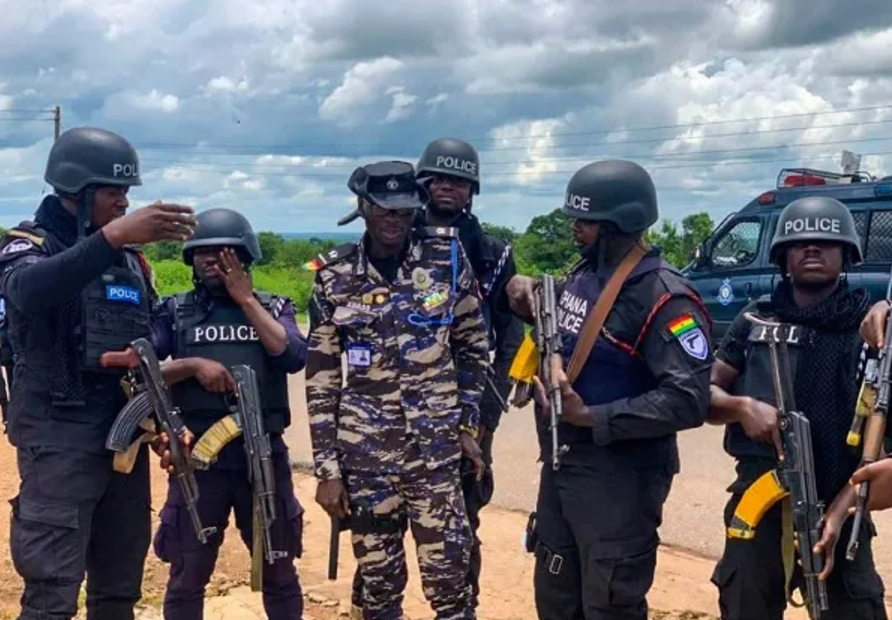

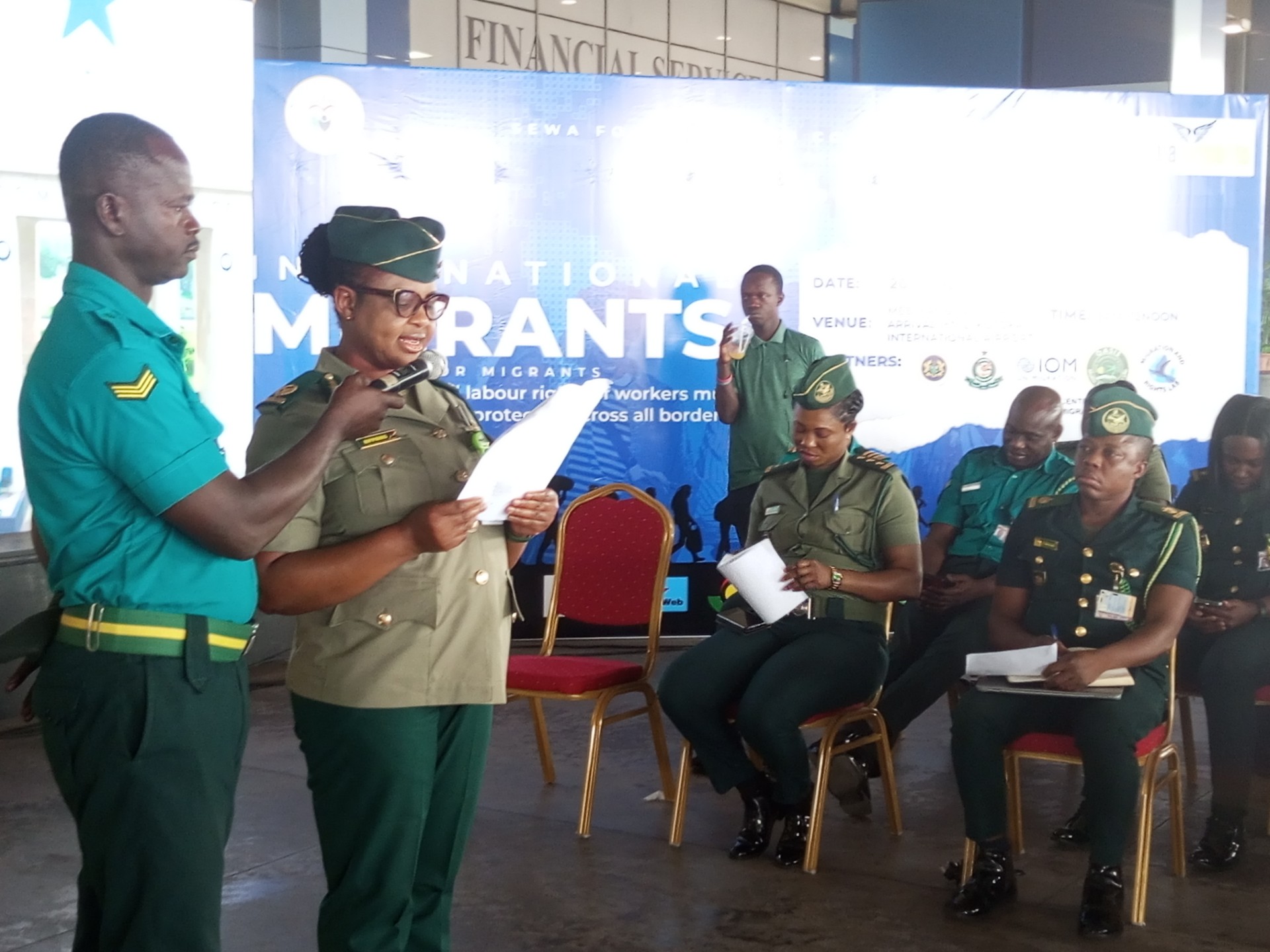

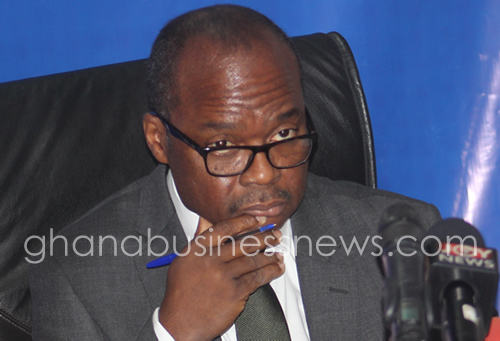




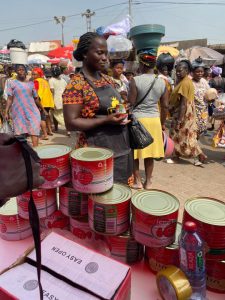


Facebook
Twitter
Pinterest
Instagram
Google+
YouTube
LinkedIn
RSS